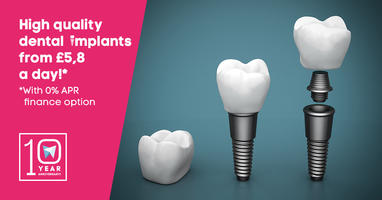“It is well past time that I go for a checkup, and I need to have some plaque removed, as my teeth make a lot of tartar for some reason. I am seeing ads for ultrasonic plaque removal. Is this a reality, or is this just some clever advertisement? How do you remove plaque with soundwaves? Is it better for you, are there any side effects?”
Plaque removal is traditionally done with a scaler. A traditional scaler is made out of metal, and the dentist scrapes the plaque off of the tooth surface, being careful not to hurt the enamel. Because of the nature of the scaler, the dentist also had to go underneath the gum line, and scrape the tooth roots for plaque and remove that as well. This way, the plaque is removed mechanically, by hand, and with the force of the scaler scraping against the hard outer tooth surface.

With a scaler, the process is somewhat more complicated, but in the end actually less irritating and involving less contact as well. The dentist will use a scaler just like before, but except for a metal hook at the end of the scaler, there is an ultrasonic piece, and a steady stream of water. The piece vibrates, generating ultrasounds, and the water is lukewarm. The way it works is that the ultrasound vibrates your tooth, and all of the plaque and tartar that is stuck on gets shaken loose, and the stream of warm water will wash the now free gunk off of your teeth. The water even gets underneath your gum line, washing out the plaque that is loosened up there as well. This way, the dentist does not have to go physically below your gum line, which means less discomfort, less irritation and you are getting the same quality and level of cleanliness.
The ultrasounds cannot harm your teeth at all. You see, your enamel and tooth structures are harder than plaque or tartar, and thus the ultrasound is strong enough to break up tartar but not strong enough to crack, dislodge or otherwise hurt your enamel. This is why ultrasounds are safe, as a matter of fact, much safer than hand held scalers. This way, nothing actually touches your enamel, and nothing scrapes it at all. The warm water gets everywhere where a scaler can, and thus everything that is softer than the enamel gets dislodged and washed out of your mouth. As you can see, the use of ultrasonic hand held devices is not just a clever marketing ploy, it is actually a meaningful replacement of the more primitive hand held scaler.
image: 1.

